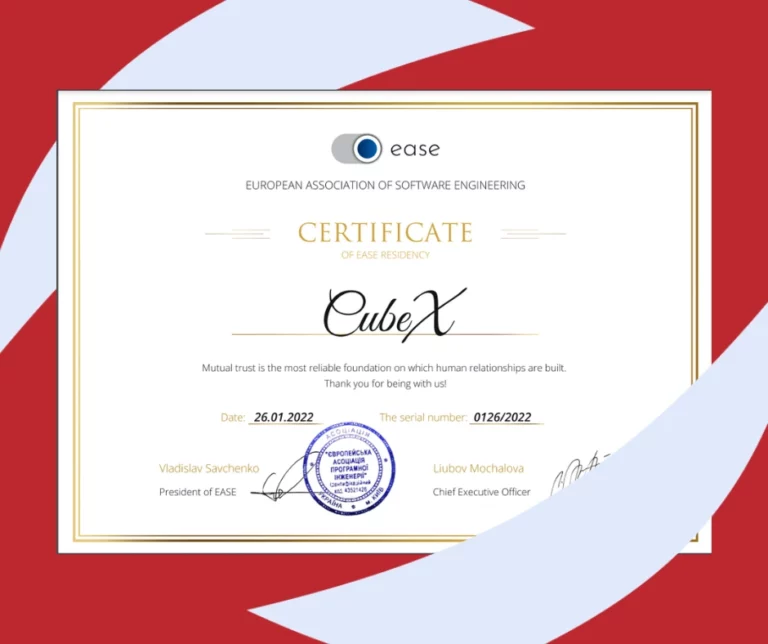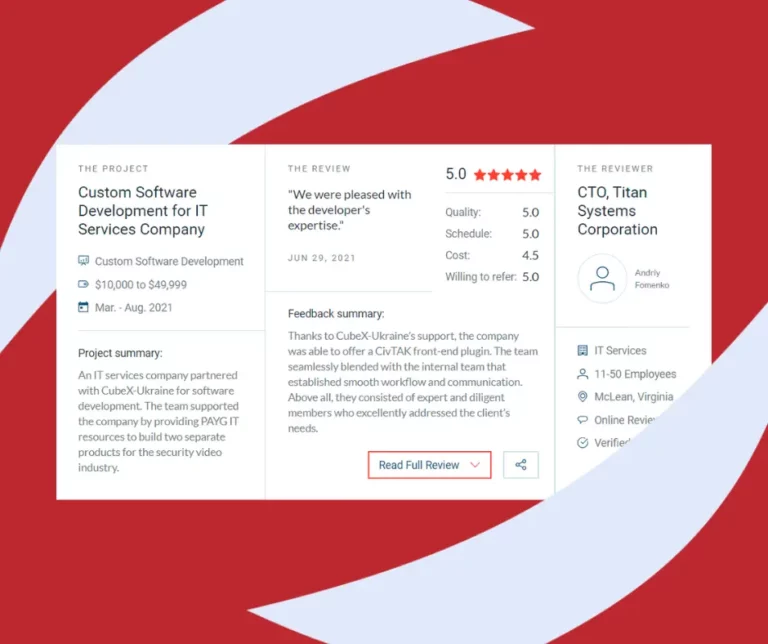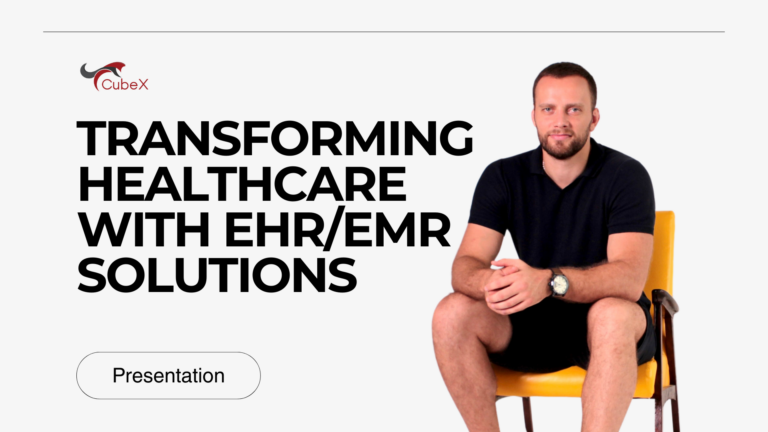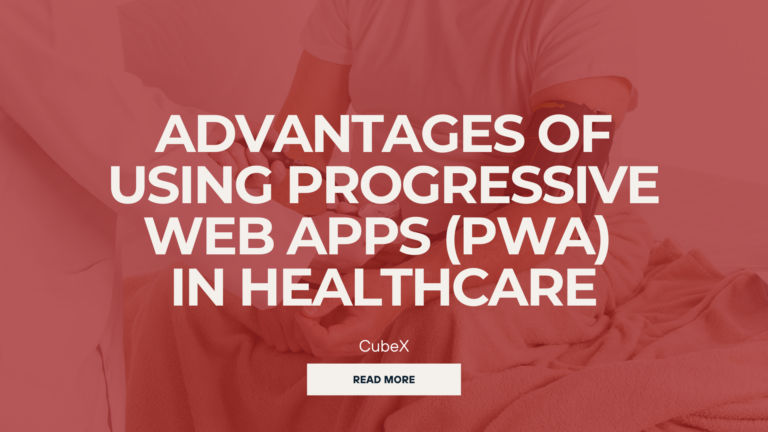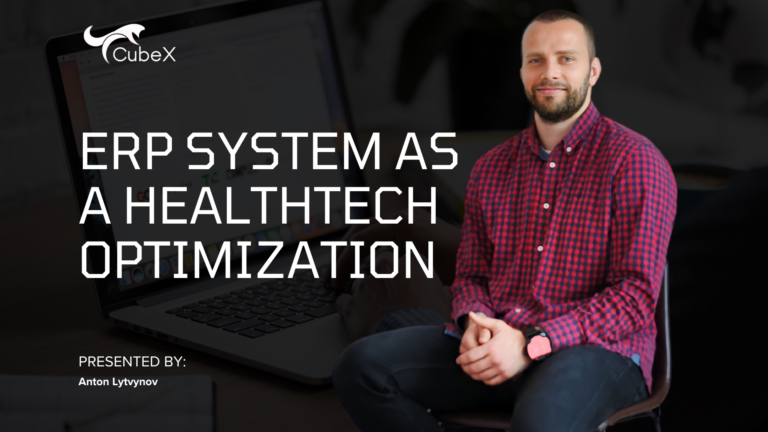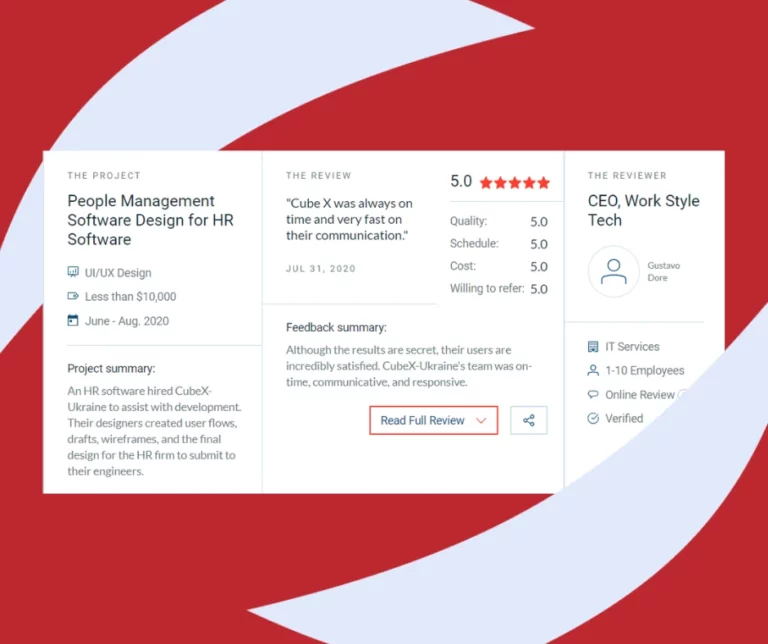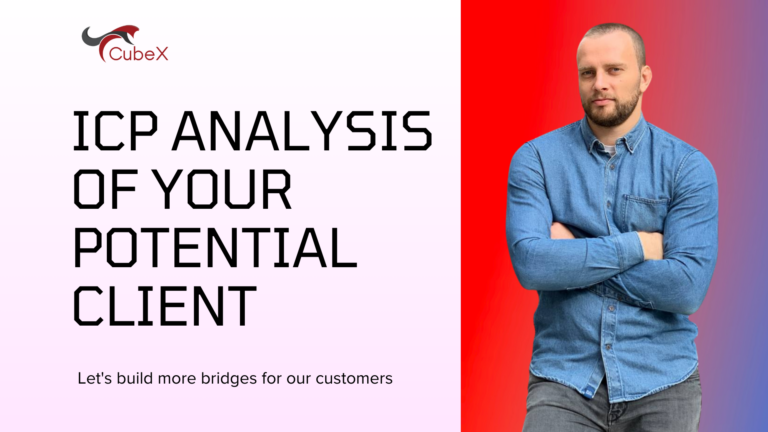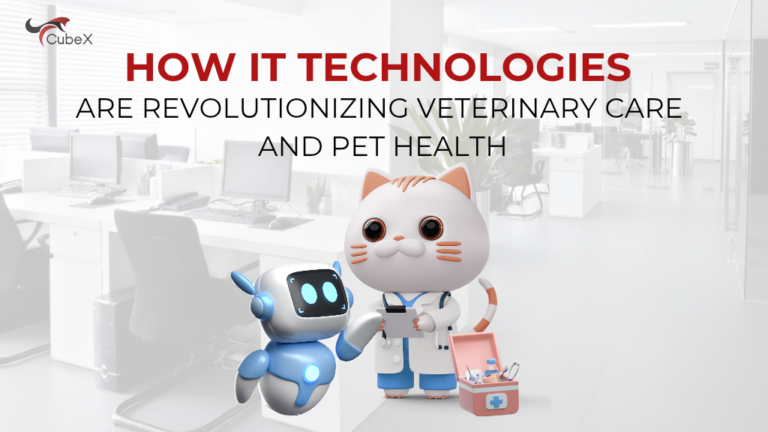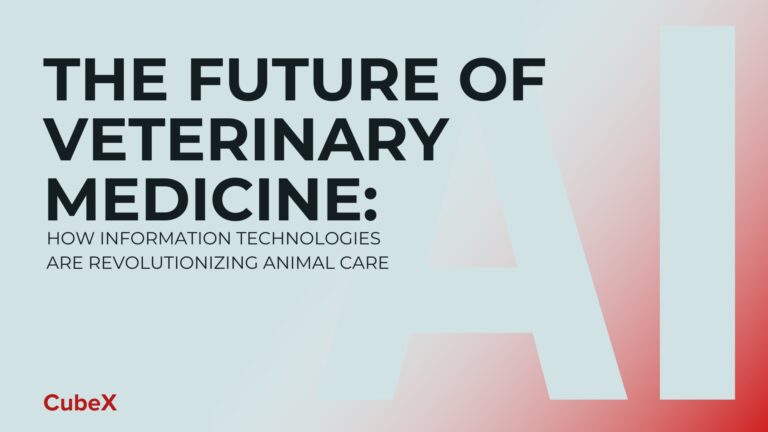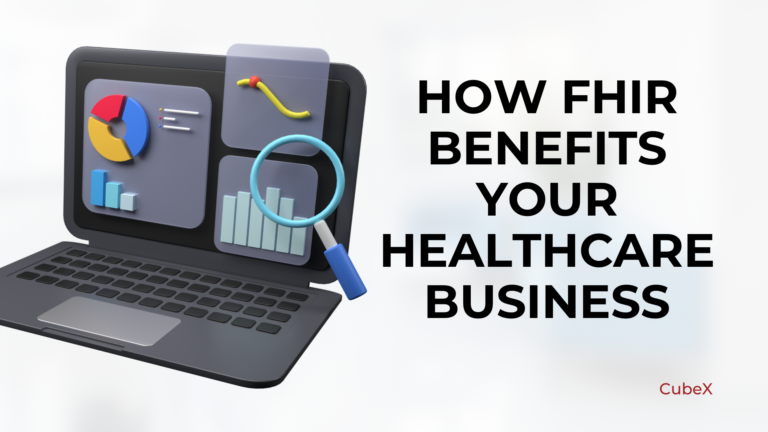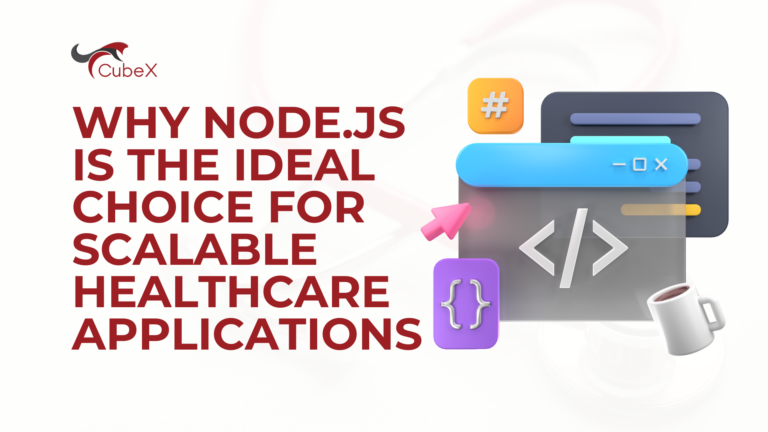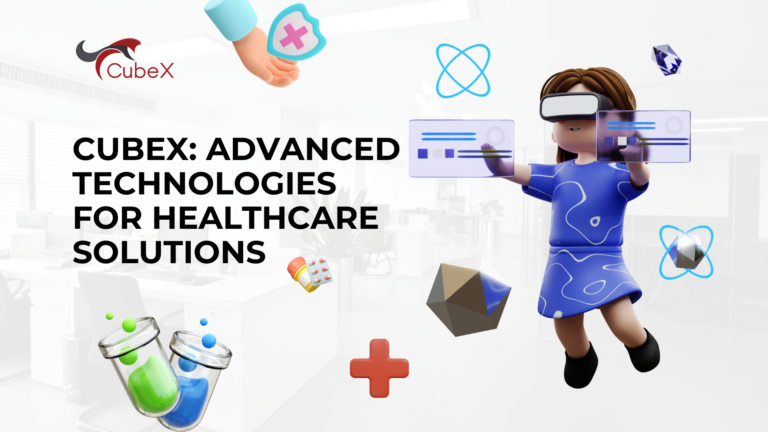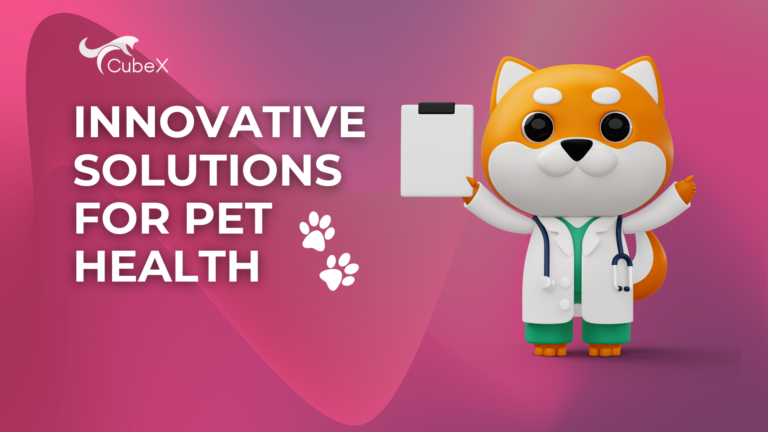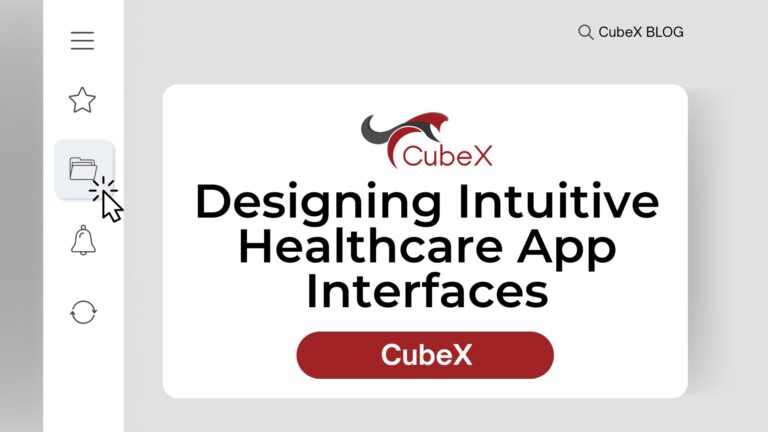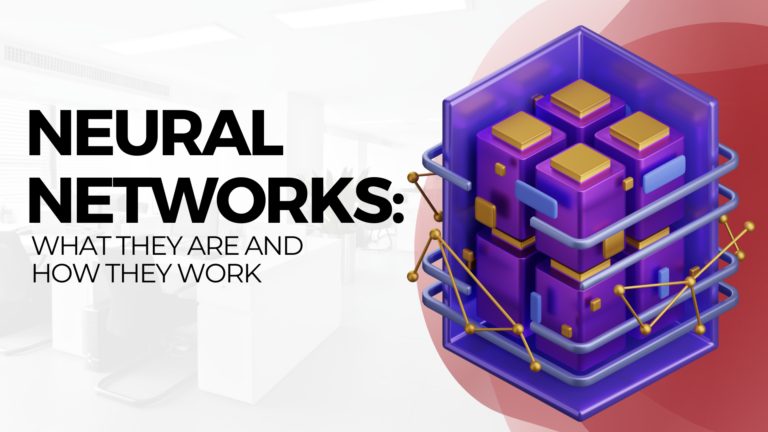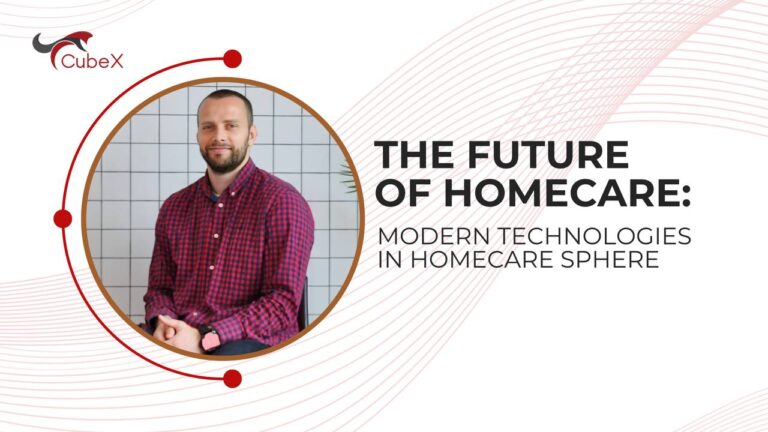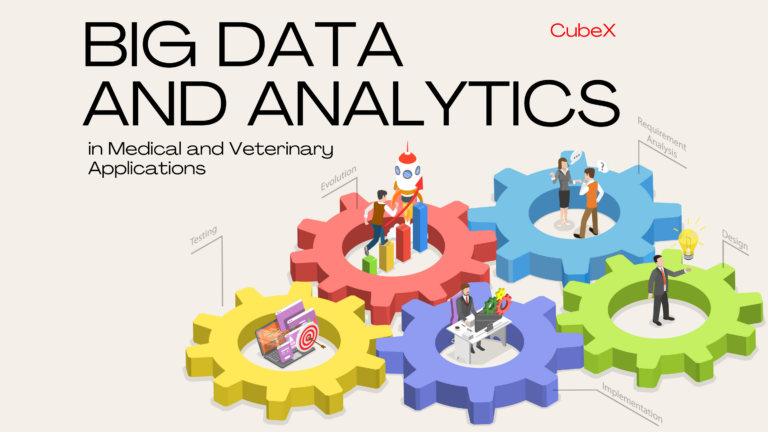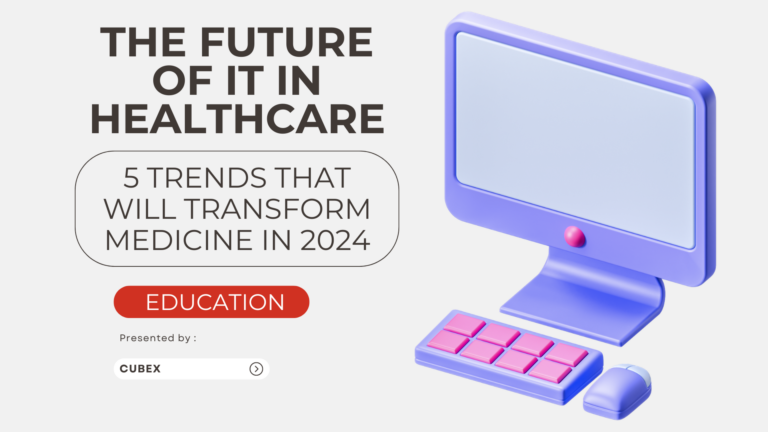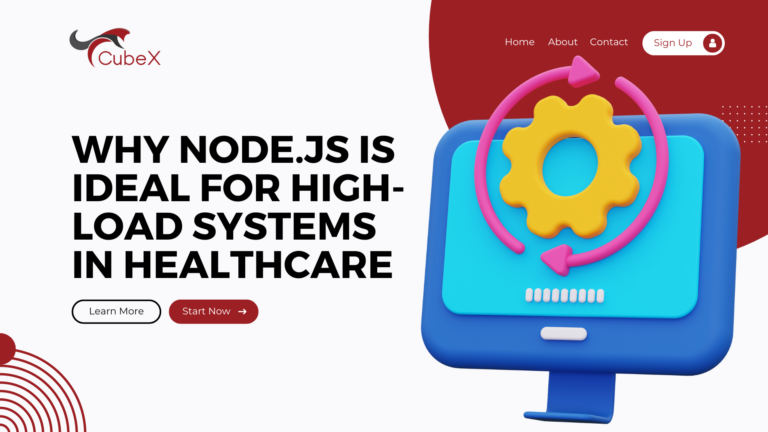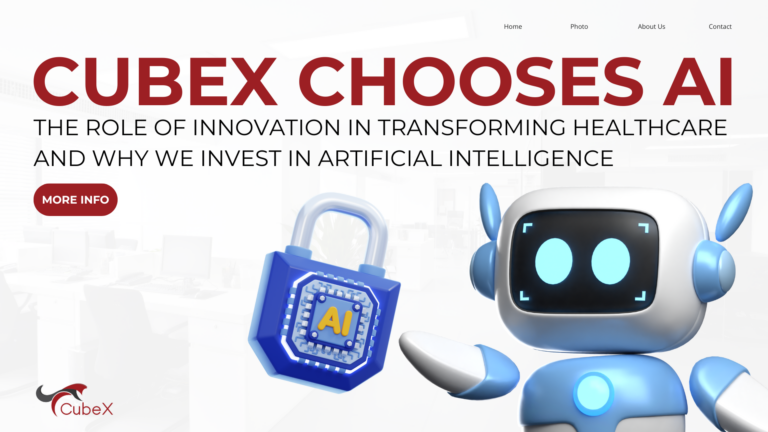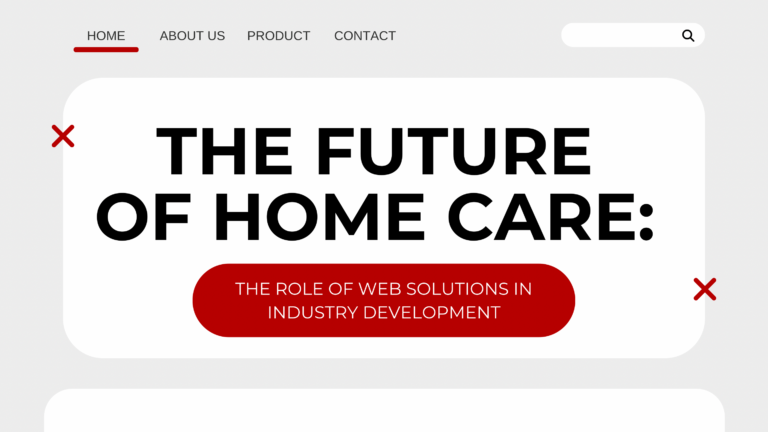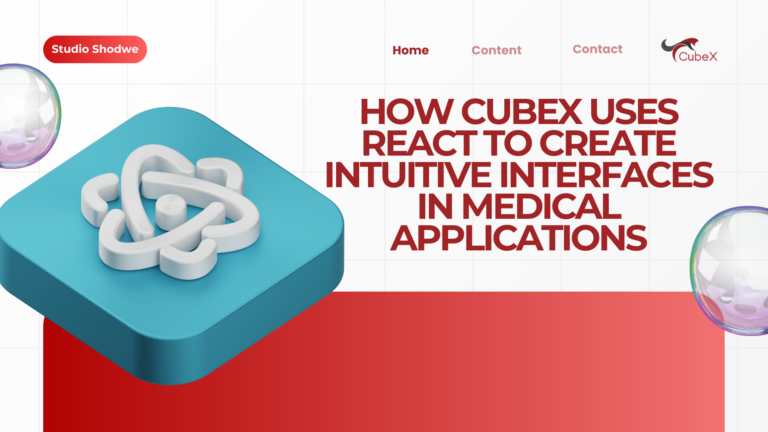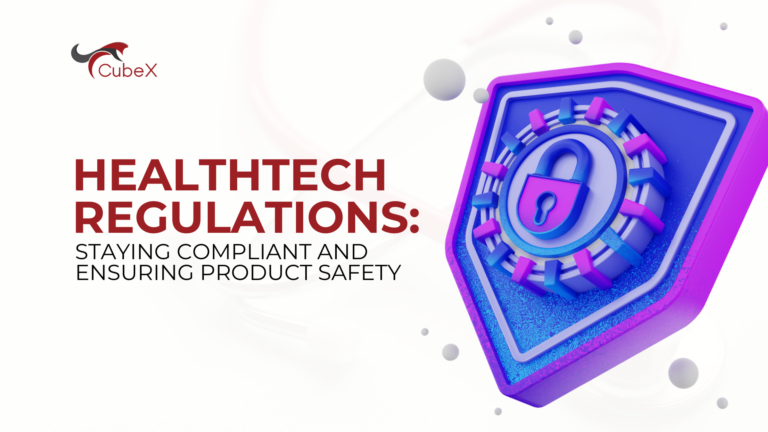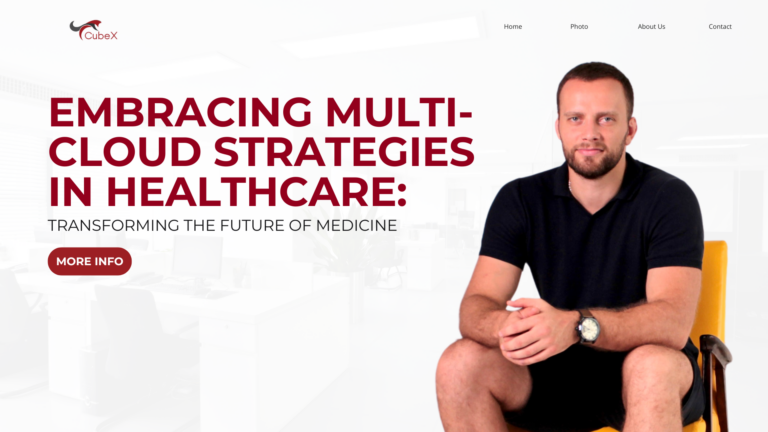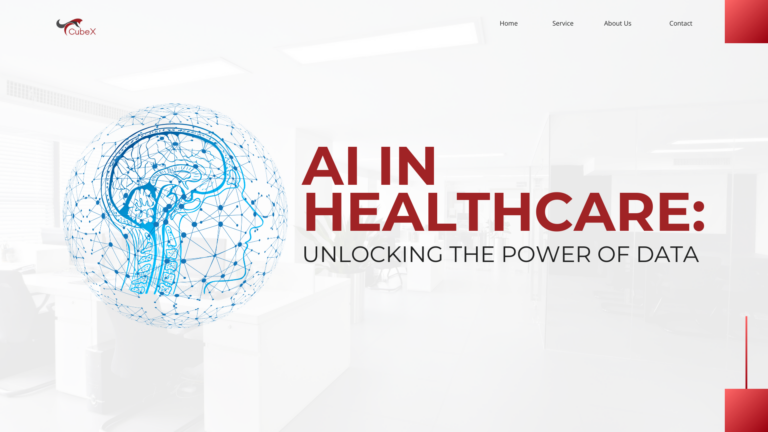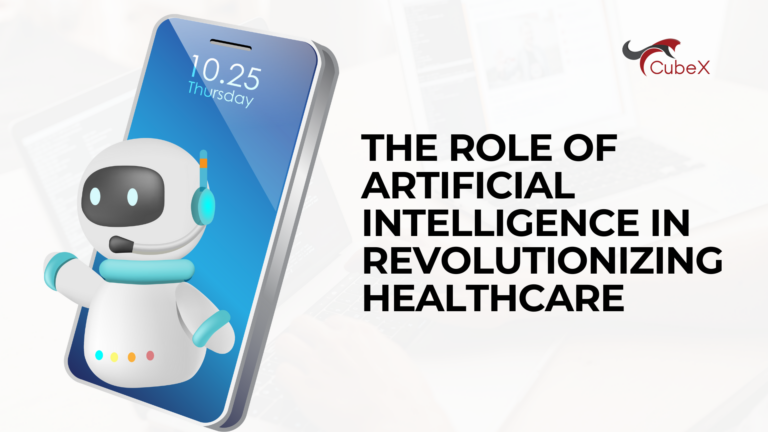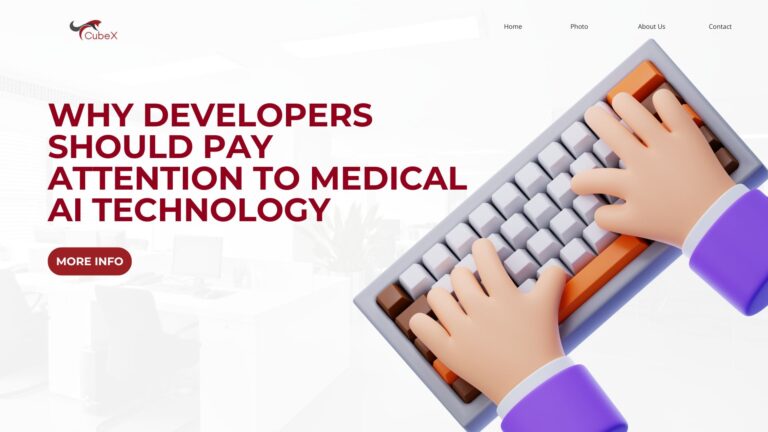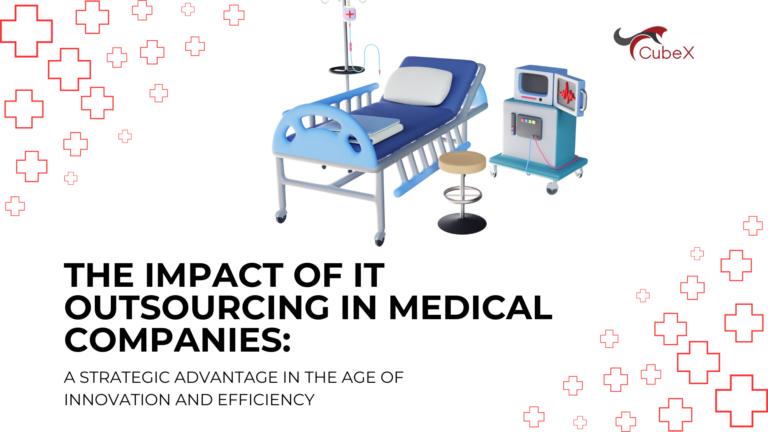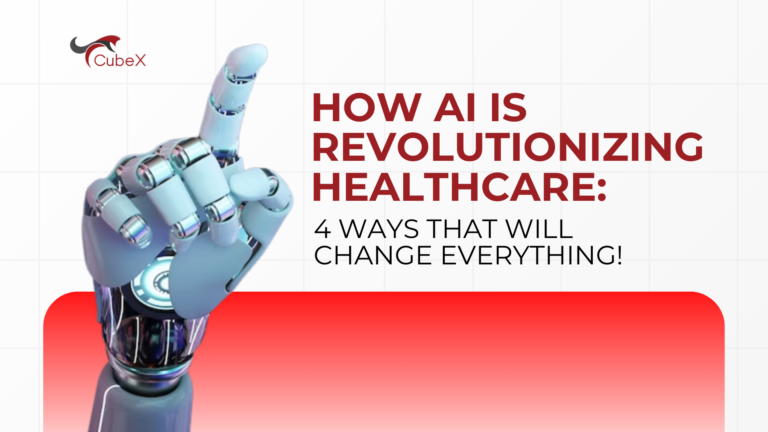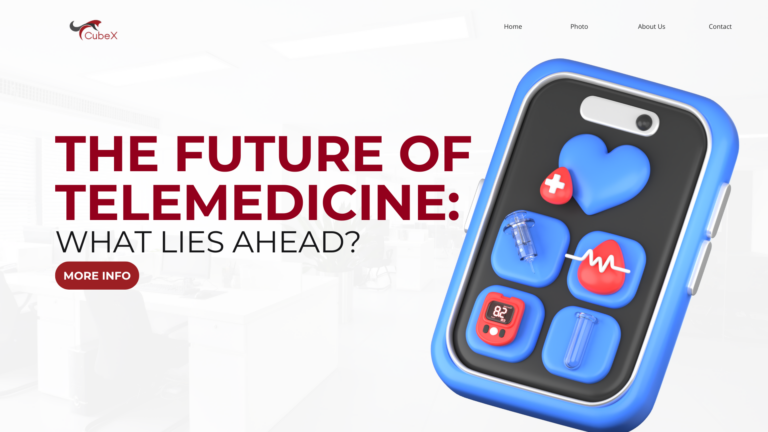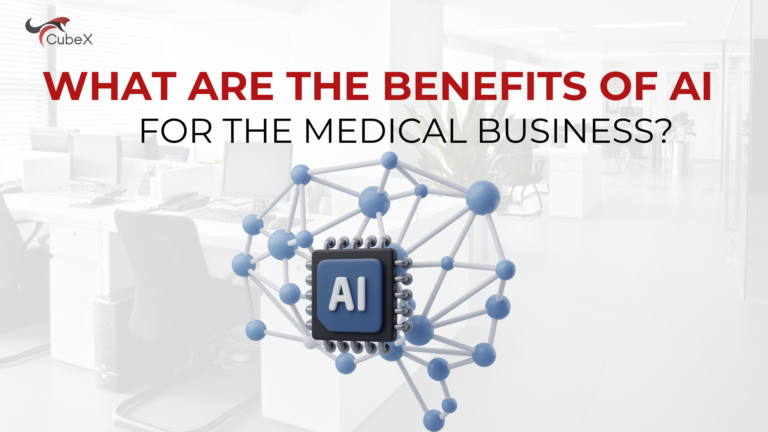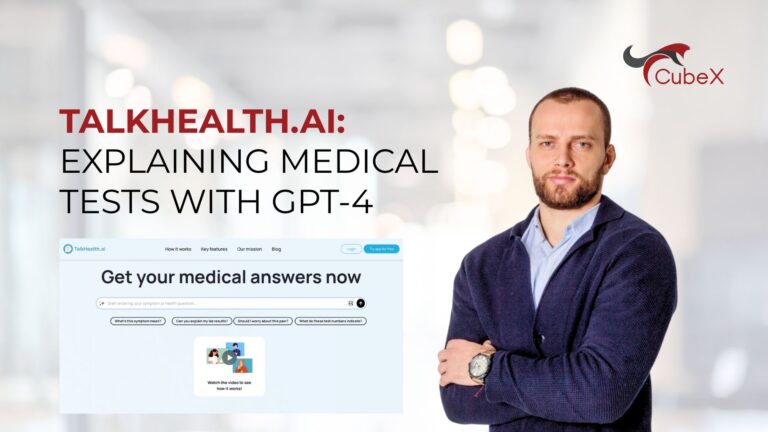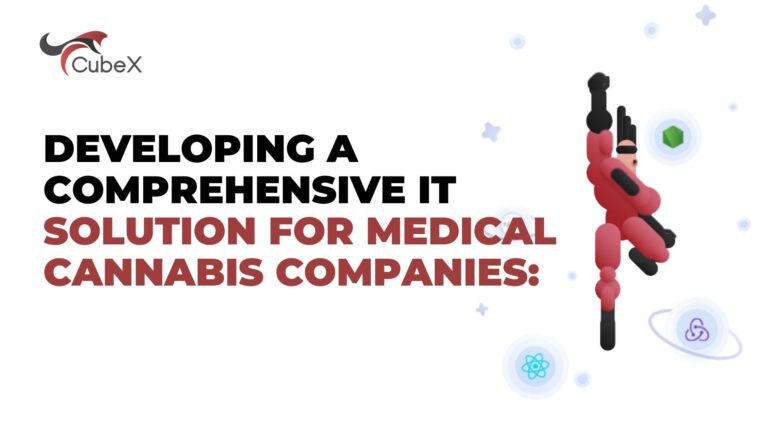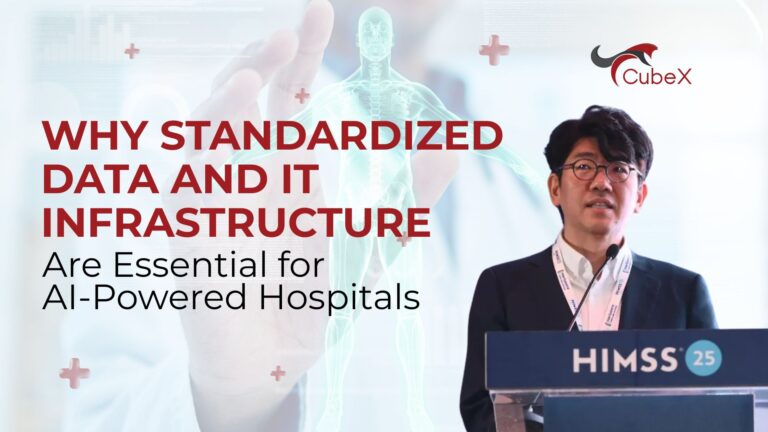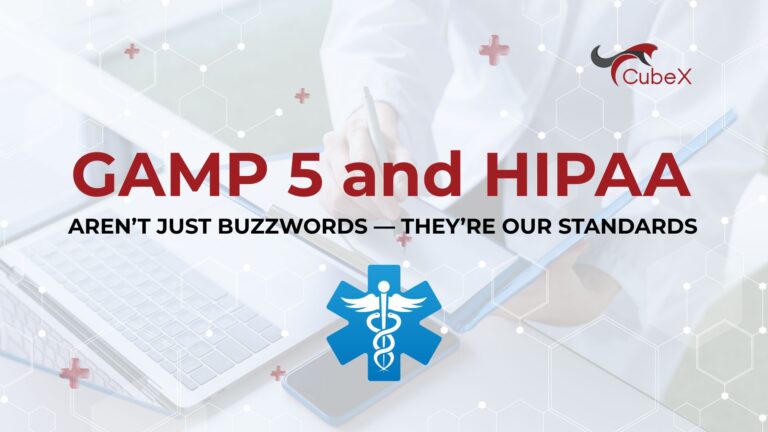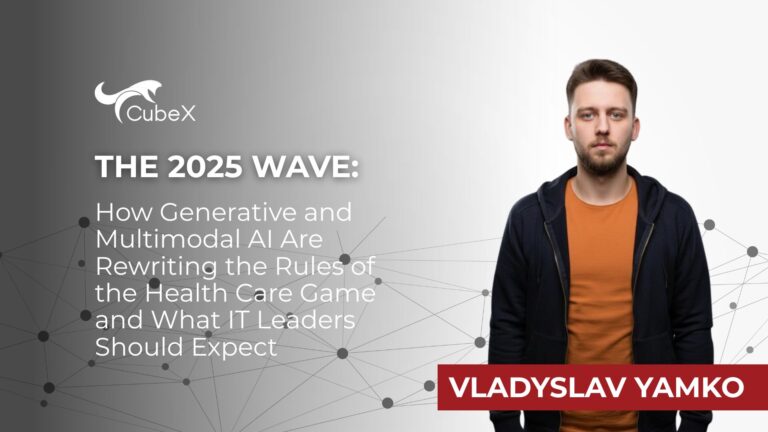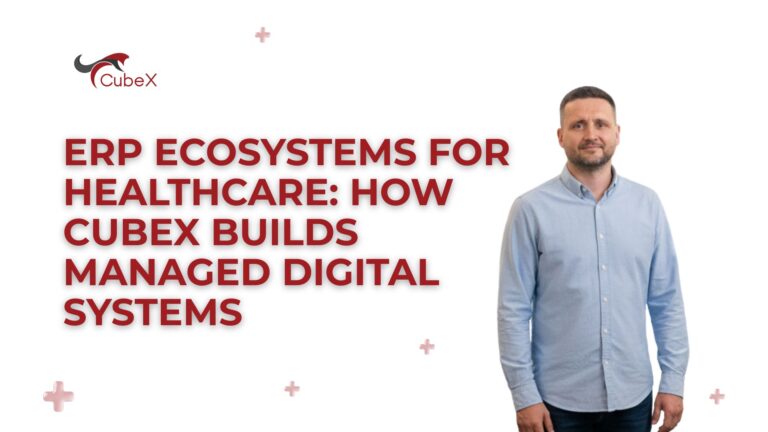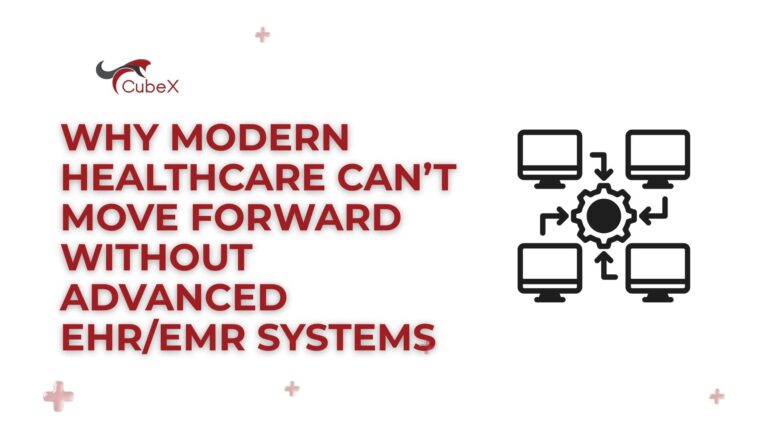Ensuring HIPAA Compliance in Healthcare Software Development: A Comprehensive Guide
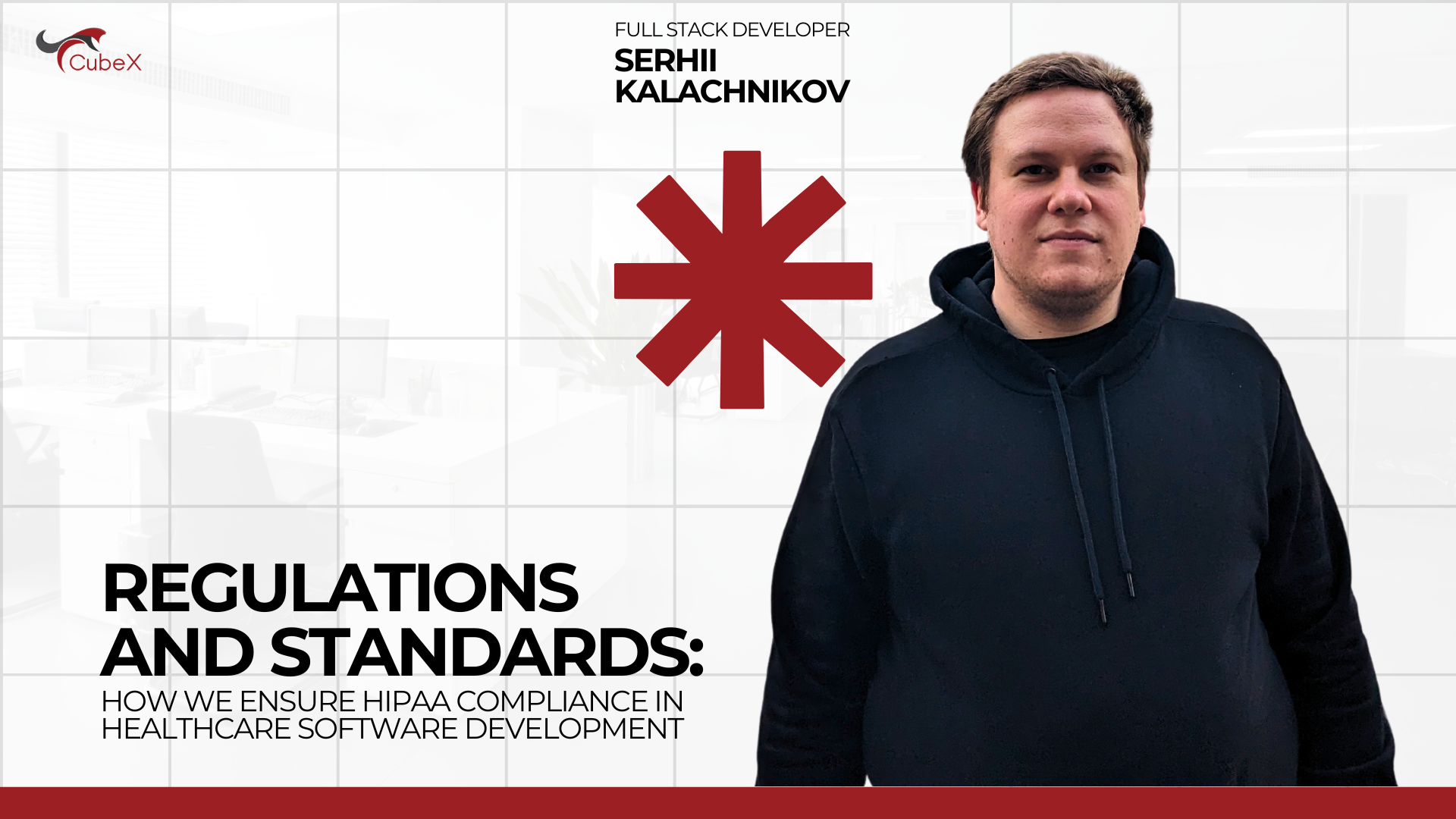
In an era where healthcare organizations are increasingly digitizing patient information, the importance of protecting sensitive health data cannot be overstated. The Health Insurance Portability and Accountability Act (HIPAA) was enacted to safeguard patient privacy and establish stringent standards for the handling of protected health information (PHI). As a leading IT solutions provider, Cubex recognizes the critical need for healthcare software that not only drives innovation but also complies with HIPAA regulations. In this article, we’ll explore the key strategies we employ to ensure HIPAA compliance throughout our software development lifecycle.
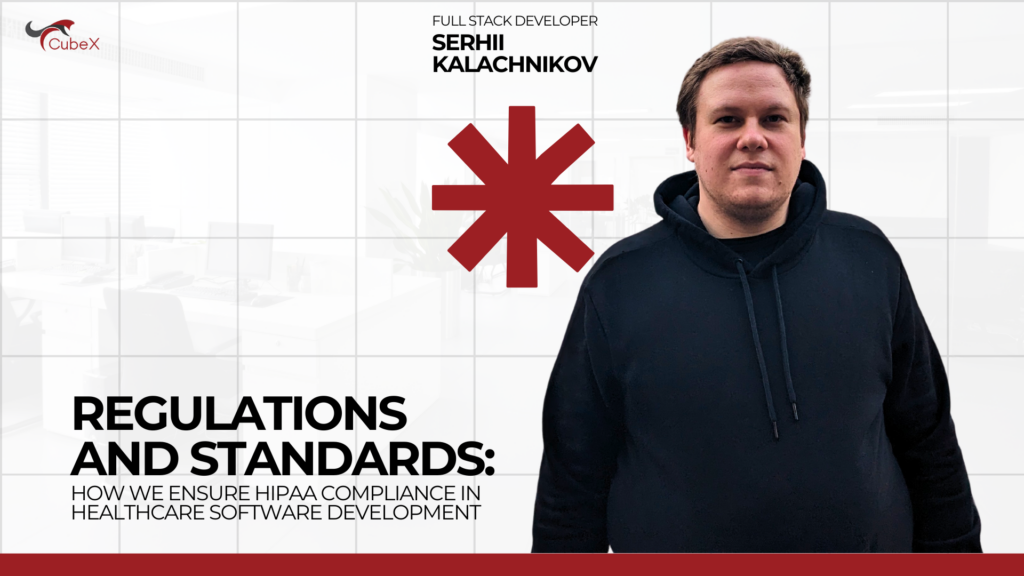
Understanding HIPAA: The Foundation of Patient Privacy
HIPAA is a federal law designed to protect patient information from unauthorized access and misuse. It consists of several key regulations:
- Privacy Rule: This rule establishes the rights of individuals regarding their health information and sets the standards for its protection.
- Security Rule: Focused on electronic protected health information (ePHI), this rule mandates that healthcare organizations implement appropriate physical, administrative, and technical safeguards to ensure data confidentiality and integrity.
- Breach Notification Rule: This regulation requires entities to notify affected individuals and the Department of Health and Human Services (HHS) in the event of a data breach involving unsecured ePHI.
- Enforcement Rule: This outlines the procedures for compliance investigations and the penalties for violations.
Key Strategies for Ensuring HIPAA Compliance
At Cubex, we understand that achieving HIPAA compliance involves a multifaceted approach. Here are the key strategies we employ during our software development processes to adhere to HIPAA standards:
1. Robust Data Encryption
In the digital age, data security begins with encryption. We employ industry-standard encryption protocols to protect all medical data—both at rest and in transit. By encrypting sensitive information, we ensure that even if data is intercepted, it remains inaccessible to unauthorized individuals. This layer of protection is crucial for maintaining patient confidentiality and trust.
2. Comprehensive Access Control
Controlling access to ePHI is vital for maintaining its integrity. We implement stringent access control measures that ensure only authorized personnel can access sensitive information. Our approach includes:
- Multi-Factor Authentication: By requiring multiple forms of verification, we bolster security and reduce the risk of unauthorized access.
- Role-Based Access Control (RBAC): This system limits access to ePHI based on the specific roles and responsibilities of users, ensuring that individuals only have access to the information necessary for their job functions.
3. Continuous Auditing and Monitoring
Regular audits and continuous monitoring are essential for identifying potential security threats and ensuring compliance. Our systems are designed to provide comprehensive logging of access and modifications to ePHI. This not only aids in tracking user activity but also helps us identify and mitigate security risks proactively. Real-time alerts enable us to respond swiftly to any suspicious activities.
4. Physical Security Measures
While technical safeguards are paramount, physical security is equally important. Our cloud-based solutions are hosted in state-of-the-art data centers that adhere to HIPAA’s physical security requirements. These facilities utilize advanced security measures such as biometric access controls, surveillance systems, and fire protection protocols to ensure the safety of the physical infrastructure housing sensitive data.
5. Automated Data Backup and Recovery
Data loss can have dire consequences in healthcare settings. To combat this risk, we implement automated data backup solutions that ensure all ePHI is regularly backed up and can be restored in the event of data loss or system failures. Our comprehensive disaster recovery plans are designed to minimize downtime and maintain continuity of care.
6. Team Training on HIPAA Standards
Employee education is a cornerstone of compliance. At Cubex, we prioritize training for our developers and security specialists on HIPAA regulations and best practices for handling sensitive health information. This training covers vital topics such as recognizing potential breaches, the importance of patient privacy, and safe data handling practices.
7. Developing a Breach Response Plan
Despite the most stringent security measures, data breaches can occur. We maintain a comprehensive breach response plan that outlines our procedures in the event of a data breach. This plan includes:
- Notification Protocols: Ensuring timely notification of affected individuals and regulatory bodies, as mandated by HIPAA.
- Investigation Procedures: Conducting thorough investigations to determine the cause of the breach and implementing corrective actions.
- Remediation Steps: Adapting our security protocols based on insights gained from breach incidents to prevent future occurrences.
The Importance of Compliance
HIPAA compliance is not just about avoiding fines; it’s about fostering trust with patients and healthcare providers. When patients are confident that their information is protected, they are more likely to seek care and share sensitive health data openly. Moreover, adherence to HIPAA regulations enhances the reputation of healthcare organizations and technology providers, paving the way for new business opportunities.
Conclusion
In a rapidly evolving healthcare landscape, ensuring HIPAA compliance is a non-negotiable requirement. At Cubex, we are dedicated to providing healthcare solutions that prioritize the security and confidentiality of patient data. By employing comprehensive safeguards and adhering to best practices, we help healthcare organizations leverage technology without compromising patient privacy.
If you’re seeking a trusted partner for developing HIPAA-compliant healthcare solutions, Cubex is here to help. Let’s work together to ensure the safety and security of patient data while driving innovation in healthcare.
Contact Us
Please contact us for any further information




